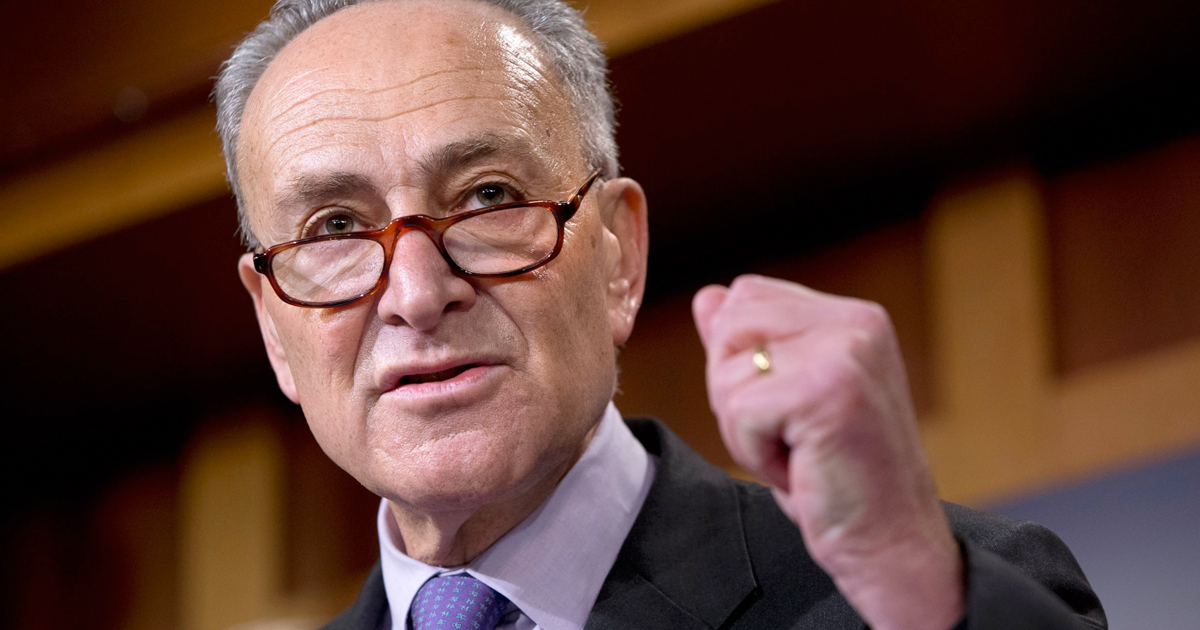On July 1, Ohio’s poor received a walloping increase to their tax rates while the state’s richest received a significant tax cut. That day, Gov. John Kasich (R) signed a budget that gives Ohio’s richest a $6,000 per-person tax cut and raises the state taxes of the bottom 20 percent. Kasich now wants to extend the budget’s reach.
The budget stated that only half of the first $250,000 earned is taxable, the rest is basically free money. Those earning a minimum of $335,000 annually will enjoy a $6,083 tax cut. Middle- and lower-class earners will not see a tax cut over 12 bucks. The budget also raises the state sales tax by 4.5 percent, which some think will “disproportionately impact the poor.” The new budget will be funded by the increased sales tax along with increasing the state’s commercial activity tax.
Kasich’s overall goal now is to lower the tax percentage imposed on the state’s highest earners to below five percent. Prior to the budget’s approval earlier this month, the income tax rate was almost 6 percent. By 2015, the wealthy’s tax rate will decrease to 5.3 percent and will continue from there.
The Kasich administration originally proposed the budget to give the state’s top 1 percent a dumbfounding $10,000 dollar tax cut. However, some experts believed that this sort of tax break would further rift the ground between the rich and poor, as well as have no positive economic effect. Policy Matters Ohio research director Zach Schiller said “Income tax cuts will increase inequality in Ohio and do little for our economy. . . this will disproportionately affect low- and middle-class Ohioans.”
Since its first unveiling, the tax cut was reduced by about $4,000. But the fact still doesn’t sway opponents and critics of the new budget. In a later report on the revised budget, Schiller notes that “Legislators have made marginal improvements in this tax plan, but they did not change it in a major way.”
Some could argue that the increase on the poor is miniscule and would pose no real threat to their billfolds. However, the budget is still in its infancy and most financial problems usually worsen progressively.
Joshua de Leon is a writer and researcher with Ring of Fire.


